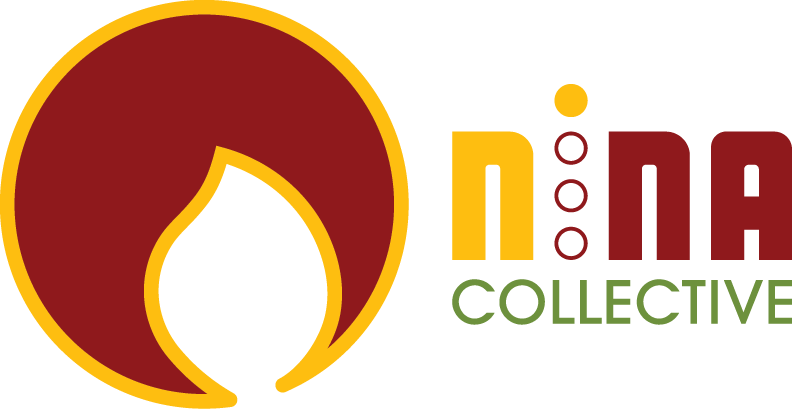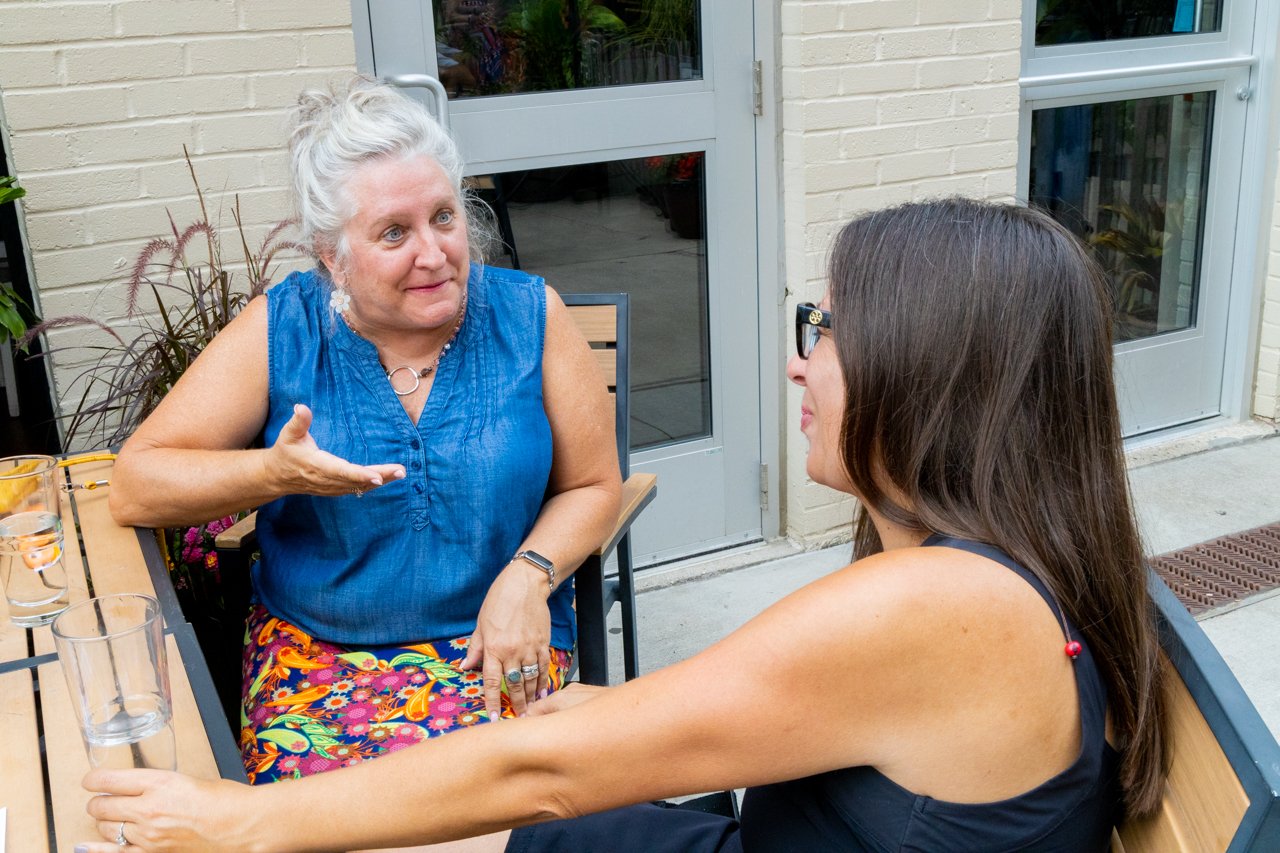
A space to learn, collaborate, and support each other in our efforts to create a more just and equitable world.
JOIN OUR COMMUNITY OF PRACTICE
We are co-creating a supportive community where you can connect, share your experiences and knowledge, and collaborate to build collective wisdom and strategies for transformative change.
about our community
The nINA Collective Community of Practice is formed by a group of people who are engaged in the learning, unlearning and actions towards co-liberation. We come together to learn from and with each other. We are co-creating a supportive community to connect, share experiences and knowledge, and collaborate to build collective wisdom and strategies for transformative change.
KEY FEATURES
Shared Values and Principles:
Our community has a shared understanding of and commitment to racial justice principles, such as anti-oppression, anti-racism, intersectionality, and transformative justice.
Supportive and Inclusive Space:
The community co-creates an inclusive space where members feel comfortable sharing their experiences and perspectives without fear of judgment or reprisal.
Ongoing Engagement and Accountability:
The community is committed to continuing engagement and accountability, recognizing that racial justice work is a long-term process that requires sustained effort and commitment.
Co-learning and Collaboration:
The community encourages co-learning and collaboration among members, recognizing that everyone has something to contribute and that collective wisdom is greater than individual expertise.
Intersectional Lens:
The community recognizes and addresses the intersections of race with other forms of oppression, such as gender, sexuality, class, and ability.
become a member
INDIVIDUALS
-
Practitioners & Facilitators
Community Members
Members of disbanded ERGs and Affinity groups
Students
-
✓ CHOIR (Co-creating Healthy Organizations Inclusive Relationships) Connections
✓ Curated Racial Equity Resources
✓ Monthly Racial Equity Content
✓ Bi-annual Reading & Reflection Group
-
Monthly: $12
Annually: $120
-
Monthly: $8
Annually: $80
ORGANIZATIONS
-
Organizations committed to equity without dedicated staff to guide the work
Organizations that have had to disband their Affinity Groups and ERGs but want to continue support for impacted staff
Organizations that have limited staff to oversee their equity change initiative
Organizations who have partnered with nINA on a contract and would like ongoing support and structure from the nINA Collective
-
✓ CHOIR (Co-creating Healthy Organizations Inclusive Relationships) Connections - $2500 annual value
✓ Curated Racial Equity Resources
✓ Monthly Racial Equity Content - $1200 annual value
✓ Bi-annual Reading & Reflection Group - $500 annual value
✓ Quarterly Leader Coaching Circle - $1000 annual value
✓ Monthly Group Coaching - $1800 annual value
-
20% Member Discount on the Following:
✓ Co-Learning & Learning Communities
✓ Facilitation Training
✓ Annual Convening
✓ Members Save $4500 on Features
-
Annually: $2500 for 5 members and an additional $100 per person






